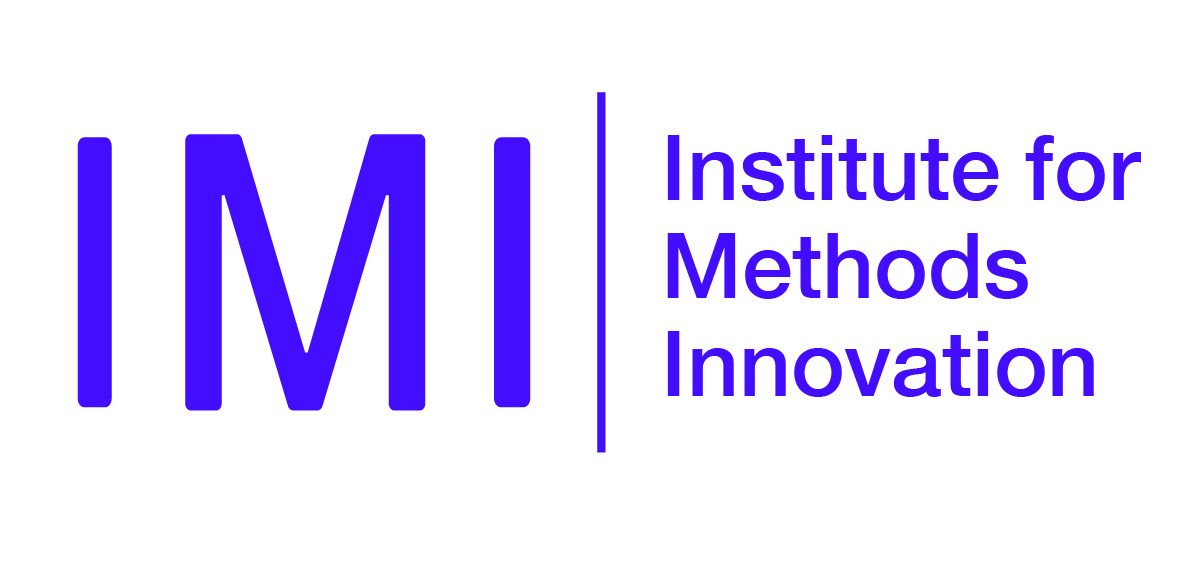This is a virtual training programme for peatlands researchers from any academic discipline on (1) developing an evidence synthesis in the form of a rapid evidence review, (2) engaging with public policy based on that review, (3) producing a policy brief and (4) publishing the evidence synthesis in a peer-reviewed academic journal.
Despite covering just 3% of Earth’s surface, peatlands are champions of carbon storage and ecosystem services. They provide vital habitats for rare, threatened, and endemic species, as well as common wildlife, storing twice the amount of carbon found in forests, acting as buffers for environmental disasters, and regulating clean water sources. Supported by the UN Environment Programme and the British Academy, this training programme is designed to support and equip researchers worldwide to develop evidence synthesis, policy engagement, and academic publishing skills and experience. These skills will be applied to addressing a real-world policy challenge to enable participants to ‘learn by doing’. You’ll be part of critical work to effectively shape peatland management policies globally.

Peninsula Mitre, Argentina, 2022 – Photo by Tompkins Conservation
The programme consists of two types of training: self-paced online training and live virtual training. The programme-level live virtual training sessions are offered at two different time slots, allowing participants to choose the one that best fits their schedule. You will co-produce an evidence synthesis, journal article and policy brief with a team of other researchers.
This training is offered at no cost to eligible participants. However, assurances from line managers will be expected that all selected participants complete the training programme in full.
This training is delivered by the Institute for Methods Innovation, SRUC and St Andrews University, with funding from the UN Environment Programme-led Global Peatlands Initiative and the British Academy.



